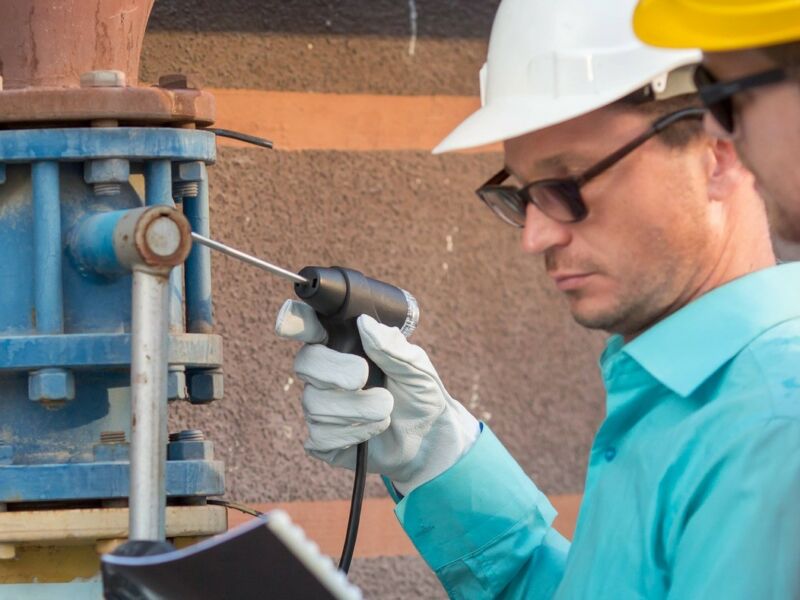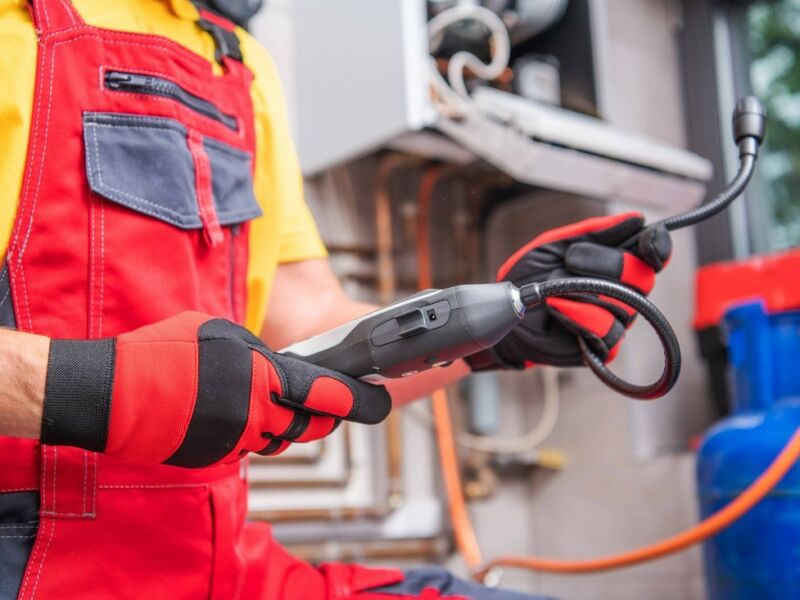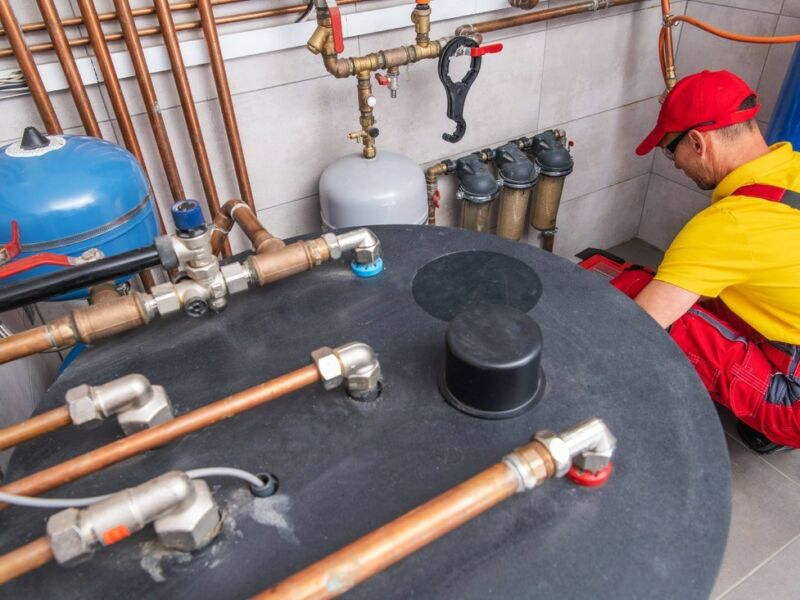
The Importance of Detecting Leaks in Swimming Pool Liners
A properly maintained swimming pool is essential for the safety and enjoyment of its users. One of the common issues that pool owners face is leaks in the pool liners. Detecting and fixing these leaks promptly is crucial to prevent further damage and maintain the integrity of the pool. Here are some reasons why detecting leaks in swimming pool liners is important:
- Preventing Water Loss: Leaks can result in significant water loss from the pool, leading to higher water bills and wastage of resources.
- Maintaining Water Chemistry: Pool leaks can disrupt the proper balance of chemicals and affect the water chemistry, making it difficult to maintain a safe and hygienic swimming environment.
- Protecting Surrounding Structures: Pool leaks can damage the surrounding structures such as decks, foundations, and landscaping. Detecting leaks early can help prevent costly repairs.
- Preventing Further Damage: If left undetected, pool leaks can worsen over time, causing even more damage to the pool and its components. Detecting and fixing leaks promptly can minimize the extent of damage.
- Ensuring Energy Efficiency: Leaks in swimming pool liners can lead to excessive water usage and strain on pool equipment such as pumps and filters. Fixing leaks can improve energy efficiency and reduce maintenance costs.
- Prolonging the Lifespan of the Pool: Regular leak detection and maintenance can extend the lifespan of the pool, ensuring its longevity and functionality.
Methods of Leak Detection in Swimming Pool Liners
There are several methods available for detecting leaks in swimming pool liners. Here are some commonly used techniques:

Visual Inspection
A visual inspection involves carefully examining the pool liner for any visible signs of leaks, such as cracks, tears, or gaps in the liner. This method is relatively straightforward but may not be effective for detecting smaller or hidden leaks.
Dye Test
In a dye test, a colored dye is added to the pool water near the suspected leak. The dye flows towards the leak, making it easier to identify the source. This method is useful for detecting leaks in areas with visible cracks or gaps.
Pressure Testing
Pressure testing involves pressurizing the pool plumbing system and monitoring the pressure for any drops, which indicate the presence of a leak. This method can help identify leaks in the pipes or fittings connected to the pool.
Sonic Leak Detection
Sonic leak detection utilizes specialized equipment that can listen for the sound of water escaping from the pool. This method is particularly effective for detecting leaks in underground pipes or areas where leaks are not visually noticeable.
Electronic Leak Detection
Electronic leak detection involves using electronic devices to identify leaks in the pool liner. These devices can detect electrical conductivity changes caused by the presence of water, helping to pinpoint the precise location of the leak.

Solutions for Fixing Pool Leaks
Once a leak in the swimming pool liner has been detected, appropriate measures need to be taken to fix the issue. The solution for fixing pool leaks depends on the severity and location of the leak. Here are some common solutions:
Patch Repair
If the leak is small and easily accessible, a patch can be applied to seal the area around the leak. Patch repair kits are readily available and can effectively fix minor leaks in the pool liner.
Liner Replacement
If the pool liner is extensively damaged or the leaks are widespread, replacing the liner may be necessary. This option provides a long-term solution and ensures the integrity of the pool.
Professional Leak Detection Services
In cases where the leaks are difficult to locate or the pool owner is unsure about the best course of action, seeking professional leak detection services is recommended. Leak detection experts have specialized equipment and expertise to accurately diagnose and repair pool leaks.
Important Facts and Statistics about Leak Detection
Here are some important facts and statistics related to leak detection:
- To prevent water damage, there is now a growing number of smart water leak detector systems that employ complex algorithms and advanced technologies. source
- Water leak claims account for more than 50% of all commercial real estate insurance claims. source
- Leaks in water transmission pipelines can result in an average loss of 20% to 30% of the transmitted water. source



